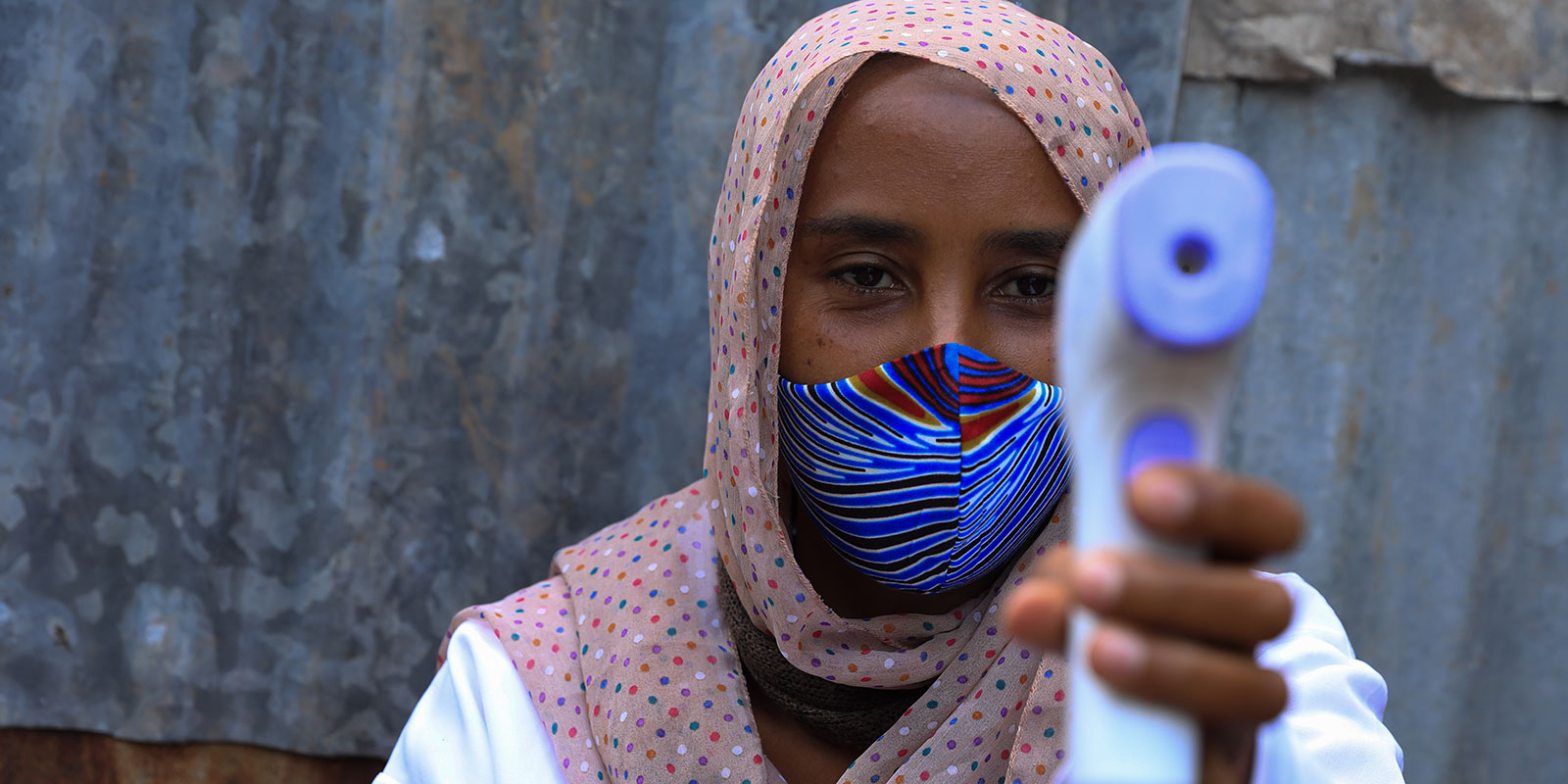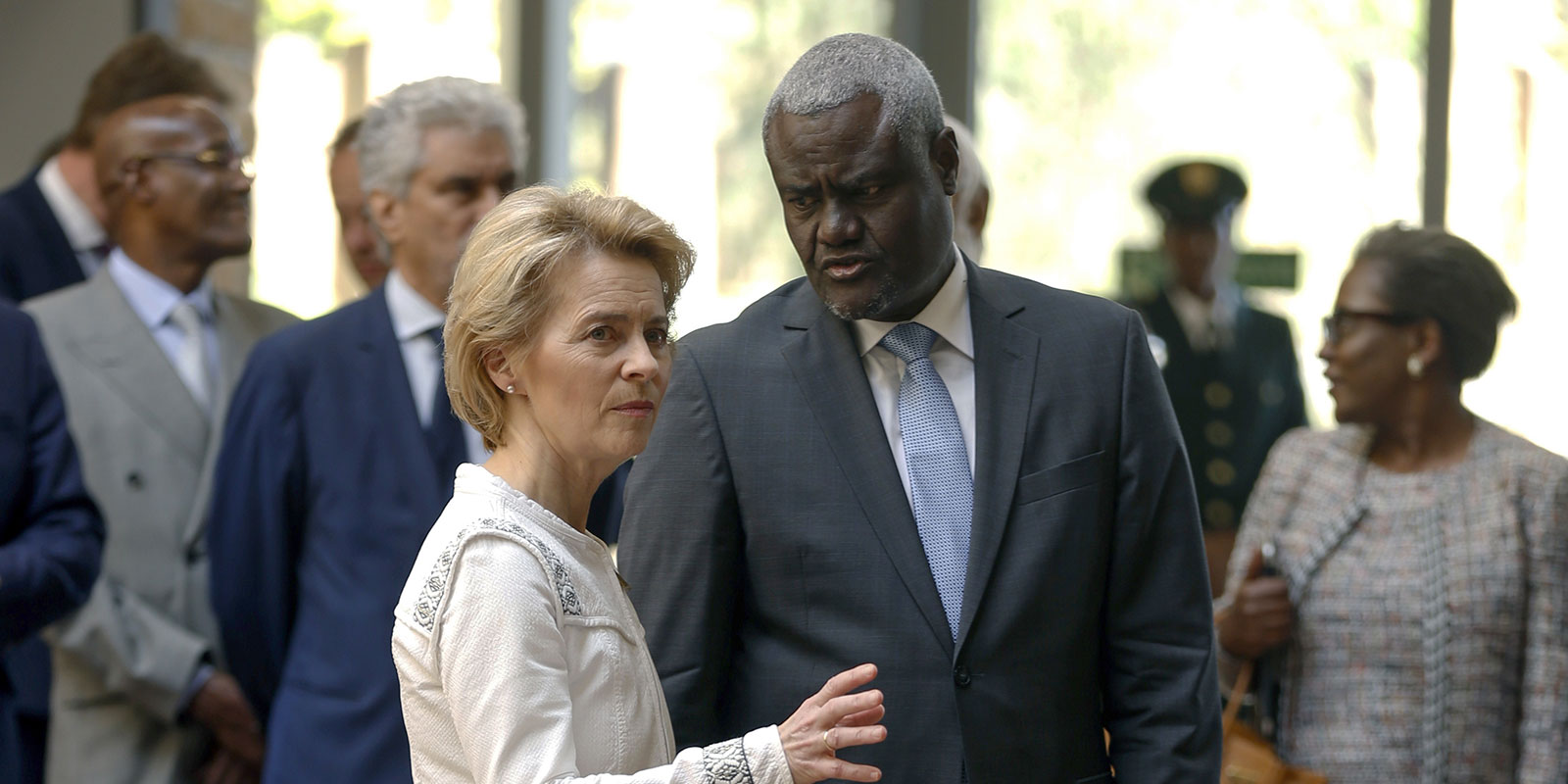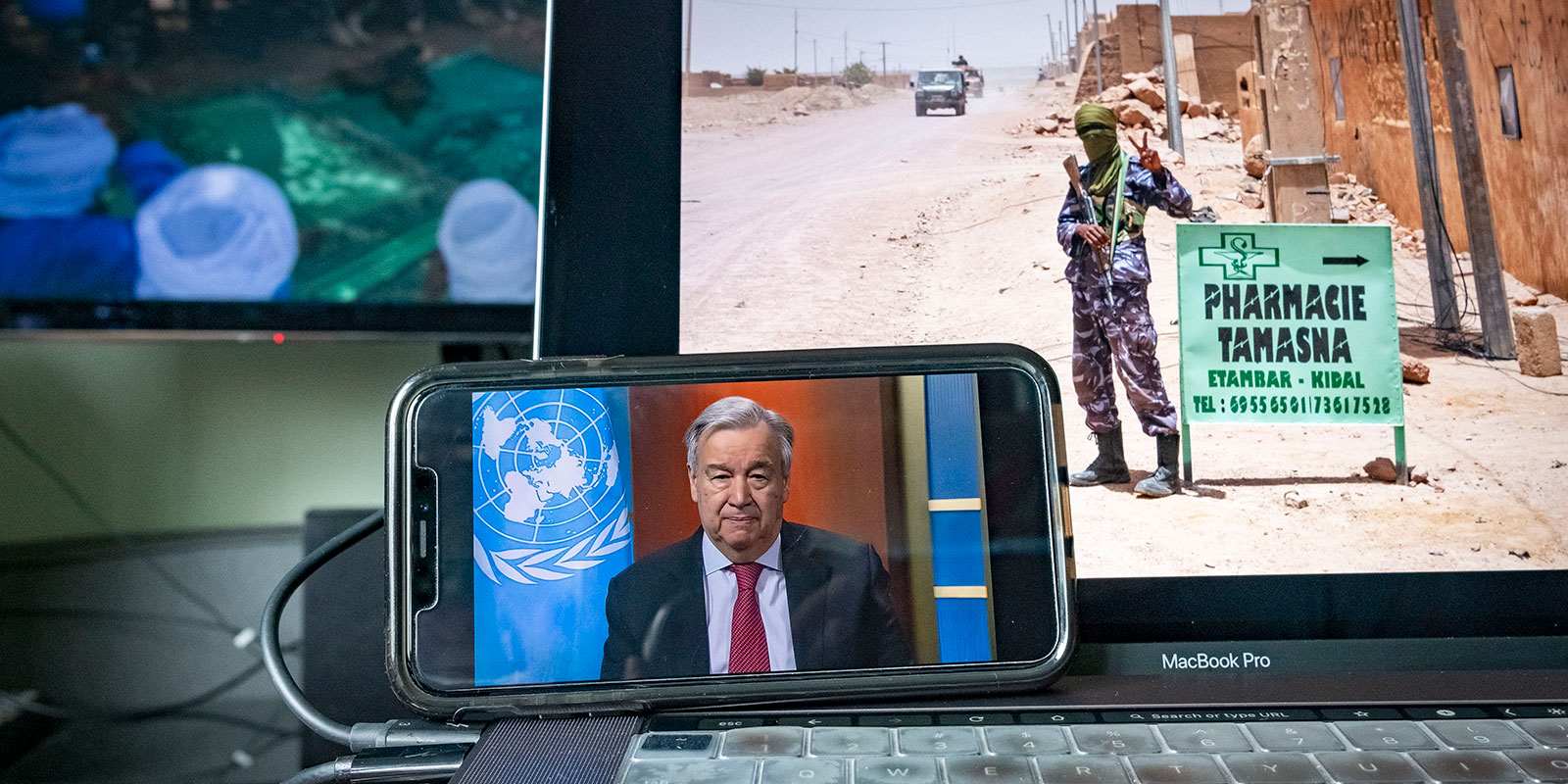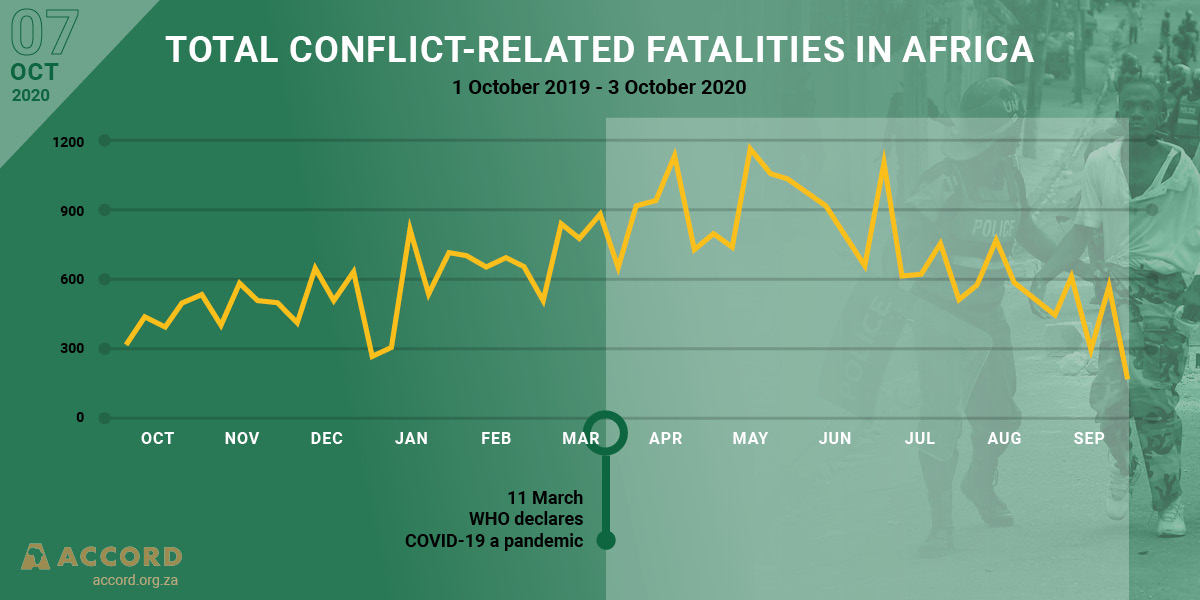25th Edition Editorial
Executive Director of ACCORD
On 17 April 2020, in response to the onset of the coronavirus pandemic, we published the first edition of our COVID-19: Conflict and Resilience Monitor. Today, we proudly publish the 25th edition of the Monitor featuring global thought leader and Secretary General of the United Nations, Antonio Guterres. The Monitor was developed by a team of dedicated staffers at ACCORD over a period of two weeks in March 2020, working around the clock to give meaning to our own prognosis that the consequences of measures taken to stem the spread of the virus could exacerbate existing conflicts and generate new and complex conflicts.
A design team looked at various publications to settle on a layout that would convey facts, analysis and opinions in a concise, succinct manner without compromising the integrity of the substantive content and messages that the authors would wish to convey. A research team embarked on a research design methodology after consulting data analytics experts and studying similar efforts globally. The result was the identification of seven categories of conflict indicators and the development of a coding handbook, and a MS Excel database tool.
The next step was to train 17 ACCORD staffers on the collection of information in the seven categories across all 55 African countries on a daily basis, and to ensure that the information was properly referenced and coded to allow for multiple analysis and to allow ACCORD’s communication unit to generate infographics that allowed for easy interpretation of the information.
Then, we tapped into ACCORD’s 28-year network of key decision-makers, academics, diplomats, conflict resolution practitioners and civil society leaders to ensure that we got a spread of authors that took into consideration gender, geography and language. Today, we are proud to announce that we have published 107 articles to date – on average, four articles per Monitor. There have been 90 authors in total – 55 male and 35 female – of whom 75 are African authors and 15 are non-African.
The strong ACCORD network and relationships in Africa and globally has allowed our Chief Editor, Professor Cedric de Coning and Managing Editor Senzo Ngubane, to commission some of the best African thought leaders for the Monitor. They include former Presidents Ellen Johnson Sirleaf and Pierre Buyoya, ACCORD Chair Graça Machel, AU Peace and Security Commissioner Smail Chergui, AU Special Envoy for Women, Peace and Security, Bineta Diop, AU Youth Envoy Aya Chebbi, ECA Executive Secretary Vera Songwe, ECOWAS President Jean-Claude Kassi Brau, UN Women Executive Director Phumzile Mlambo-Ngcuka and many others.
In addition we also solicited articles from leading African diplomats and conflict management practitioners including Ambassadors Said Djinnit, Monica Juma, Mohamed Chambas, Mohamed Hacen Lebatt, Maman Sidikou, El-Ghassim Wane and Nicolas Haysom as well as leading African academics among them Dr Linda Darkwa, Dr Martha Mutisi, Professor Carlos Lopez, Dr Kwesi Aning, Dr Tim Murithi, Dr Jide Okeke and Dr Solomon Dersso.
As governments across Africa start to lift the restrictions imposed to contain the spread of the virus, they will also be counting the economic cost in terms of loss of government revenue, increased debt, business closures and its impact on gross domestic product (GDP), as well as the resulting job losses. The social dislocation and its impact on social cohesion, mental stress, education and other consequences for society will only become clear over time. We are committed to monitoring all these developments, collecting evidence-based information and analysis, and to keep you, the reader, informed by bringing you the voices of key decision-makers, community activists, intellectuals and analysts, so that you can use this information to make your contribution to peace, stability, governance and development in Africa.
It is publications like the Monitor that keep ACCORD at the cutting edge of developments in peace, security, governance and development. We strive to provide excellence, which is why the Think Tanks and Civil Society Programme (TTSCP) at the University of Pennsylvania has chosen to rank ACCORD as one of the top 100 think tanks in the world for eight consecutive years.
I take this opportunity to thank our partners, contributors, editors and staff for their continuing effort to contribute to a better Africa and a better world!
This week, we are publishing the 25th weekly edition of ACCORD’s COVID-19 Conflict & Resilience Monitor.
To celebrate the 25th edition, we have a guest editorial by ACCORD’s founder and executive director, Dr Vasu Gounden, who looks back at how the Monitor came to life and reflects on the first 25 editions.
We are honoured to lead this edition with a feature article by António Guterres, Secretary-General of the United Nations (UN), in which he considers how COVID-19 is affecting Africa and the role of the UN.
Also in this edition, ACCORD’s Marisha Ramdeen reflects on how COVID-19 has impacted on Africa over the past seven months, and Dr Cedric de Coning considers the implications of COVID-19 on the African–European Strategic Partnership.







